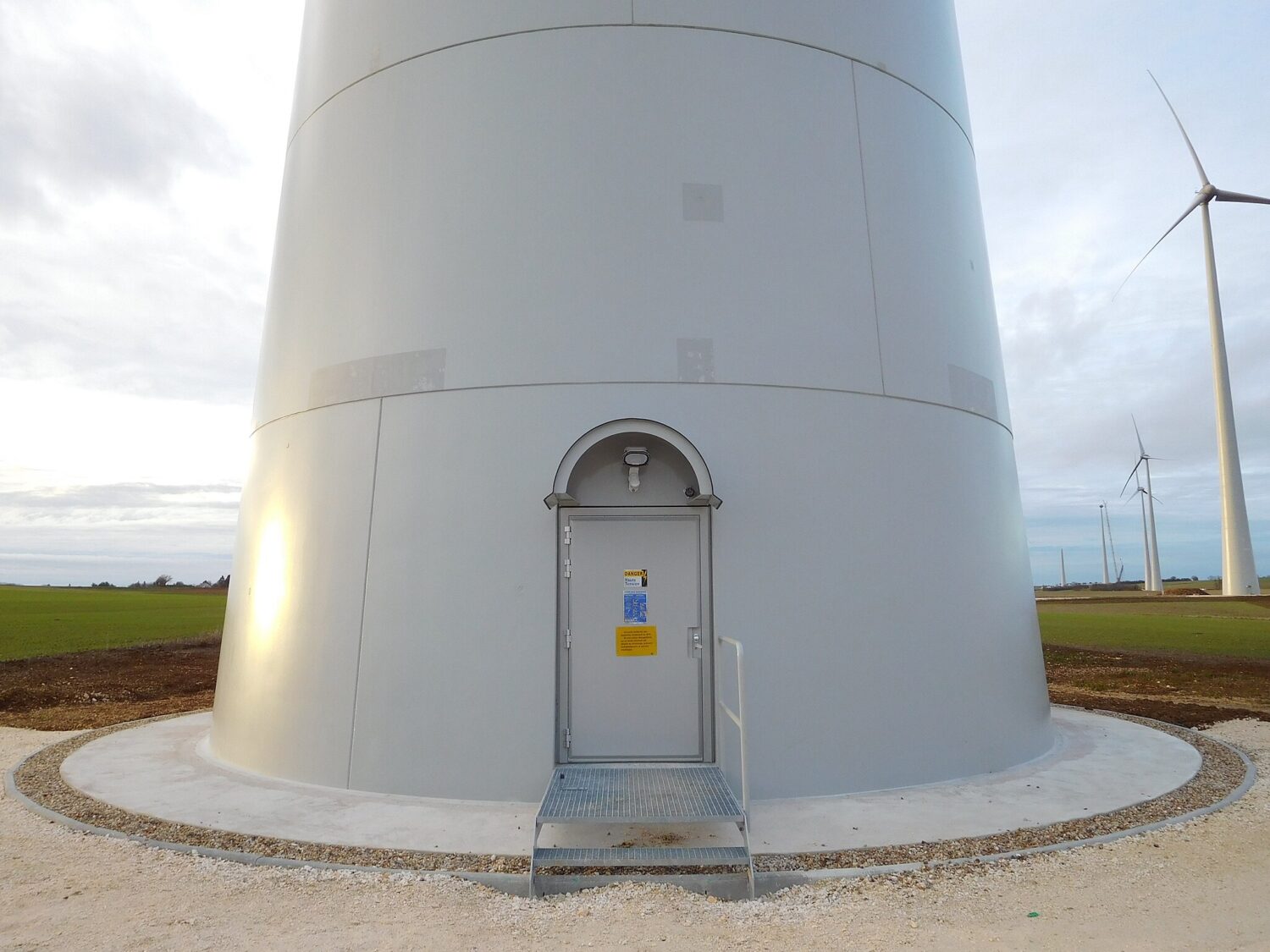Building a case
The government's plans for a state-owned energy company will require public buy-in – Labour must start winning over voters now, writes John Morrison
Great British Energy has a familiar ring to it – almost as if it were, like Great British Railways, an old public asset brought back to life by the new Labour government. But GB Energy has no precedent in the UK, and there is nothing traditional about how it will operate. Whilst it will be a fully publicly owned asset, it will rely on leveraging private capital at ratios of at least three to one to realise the impact it proposes. Part of the Conservative party’s pre-election attack line was that GB Energy will not in itself deliver any new energy to the consumer’s door. Indeed, it will not. As a ‘business to business’ company it will lie ‘upstream’ from the energy utility markets.
But despite not being a consumer-facing company, GB Energy will require a ‘social licence’. It will be judged not primarily by the value it returns to shareholders (which will ultimately be taxpayers) but by how its investments affect the lives of British working people, by reducing household energy bills and creating new jobs while fully decarbonising electricity by 2030. Not easy to do given the sclerotic progress of recent years, and the de facto embargo on onshore windfarms which has only now been lifted.
To make things more difficult still, the challenge of deploying twice as much renewable energy over the next five years, when there is currently up to a 10-year wait to connect renewable assets to the grid, is one that GB Energy cannot tackle on its own. It must be part of a wider ecosystem of change. Whilst GB Energy is focused on the “delivery of clean power by coinvesting in technologies” and to “deploy local energy production”, the new National Wealth Fund will take a whole-of-economy approach to encouraging private investment into “ports, giga-factories, hydrogen, and the steel industry”.
The new government is also promising to shake up planning. Whilst the specifics are yet to be announced, this might include extending the compulsory purchase powers under the 2023 Levelling-up and Regeneration Act to include housing and renewable energy as nationally significant infrastructure projects. Green Belt protections will also need to be more nuanced.
GB Energy, then, is at the centre of proposed systemic change: despite appearances, its implications make it the most radical part of the King’s Speech. At present, the new government with its large majority has political licence to start this process. But the ‘wide but shallow’ majority Labour holds will soon be under attack via the nimbyism that is already knocking at the door of many backbench and opposition MPs. With streamlined planning will come reactions from communities the country over, many who agree with renewable energy in principle, but do not to wish to see it – or the grid infrastructure it requires – near their homes. The social licence must be established now, before the backlash builds.
The government needs to be very clear about why the transition is essential. The case must be made both in terms of our moral responsibility to protect the climate and the economic necessity for the UK to remain at the forefront of the race to net zero. Energy security is clearly central to this, which – over the longer term – will deliver cheaper energy. But to set up expectations that secure energy will mean cheap energy any time soon (compared with pre-Ukraine crisis levels) is misleading, a point Mark McAllister, the chair of Ofgem, has repeated over recent months.
The government also needs to set out the principles through which it will ensure the transition is both ‘fair’ and ‘just’. Tough decisions will need to be made about where to invest and where not to invest, where to build power grids and pylons, where the onshore wind and solar farms should go, and so on. The principles must be set now and so too the oversight and accountability mechanisms that will operate at pace over the next 25 years – both within the new company and externally. The new Net Zero Economy Authority in Australia is one emerging model to look at, integrating social considerations (eg impact on workers) into overall delivery structures. In the UK, we can look to the early thinking of the Climate Change Committee, Scotland’s Just Transition Commission or city-based initiatives such as those in London or Bristol, to frame how we might best deliver a fair and equitable transition. However it is done, streamlined planning and greater coherence from central government must be accompanied by dynamic accountability so that the public can see hard decisions can also be made fairly. GB Energy needs to build, and then maintain, its social licence.
Image credit: Cjp24, CC BY-SA 4.0 via Wikimedia Commons
Image credit (pinned, News and Insight): Ian S, CC BY-SA 2.0 via Wikimedia Commons

